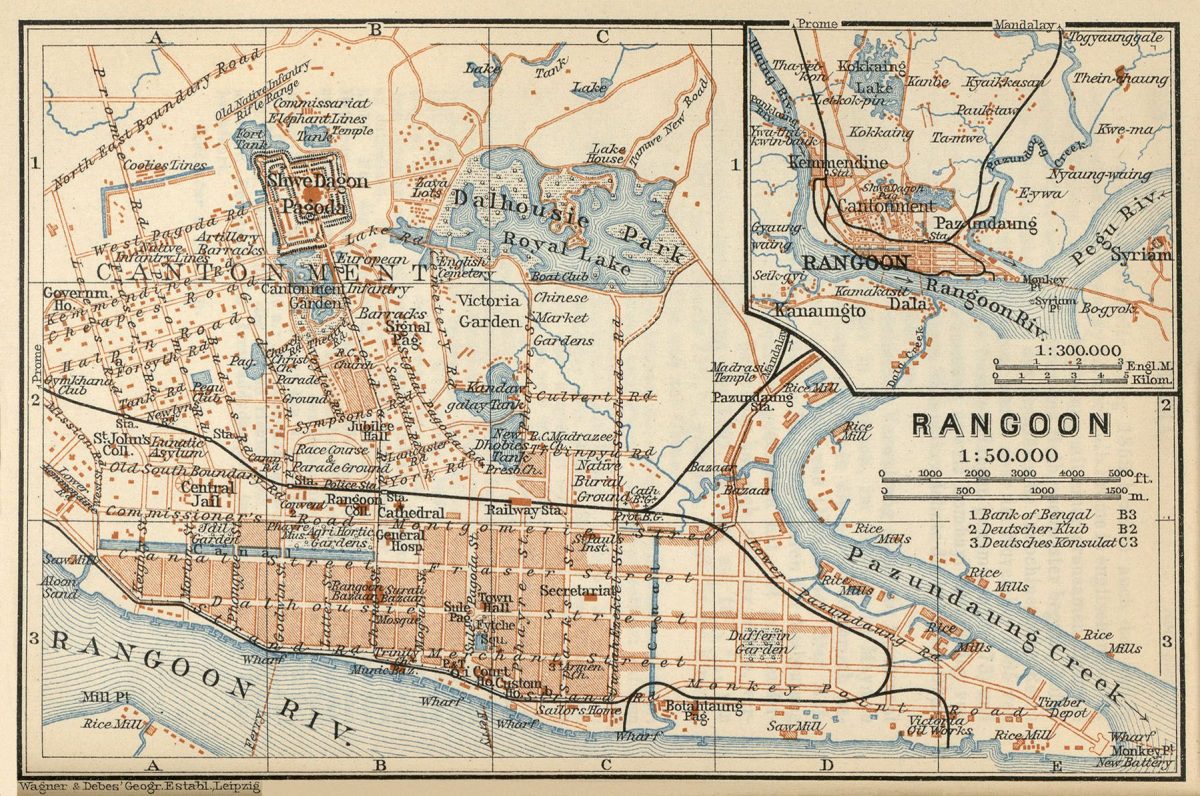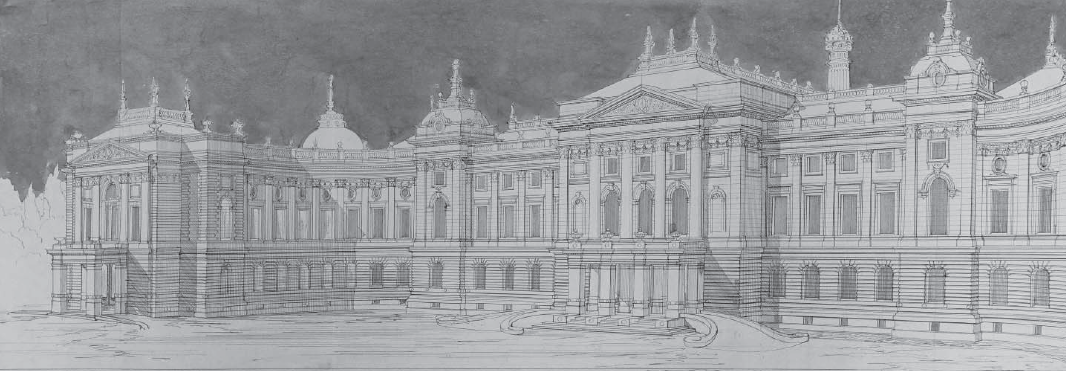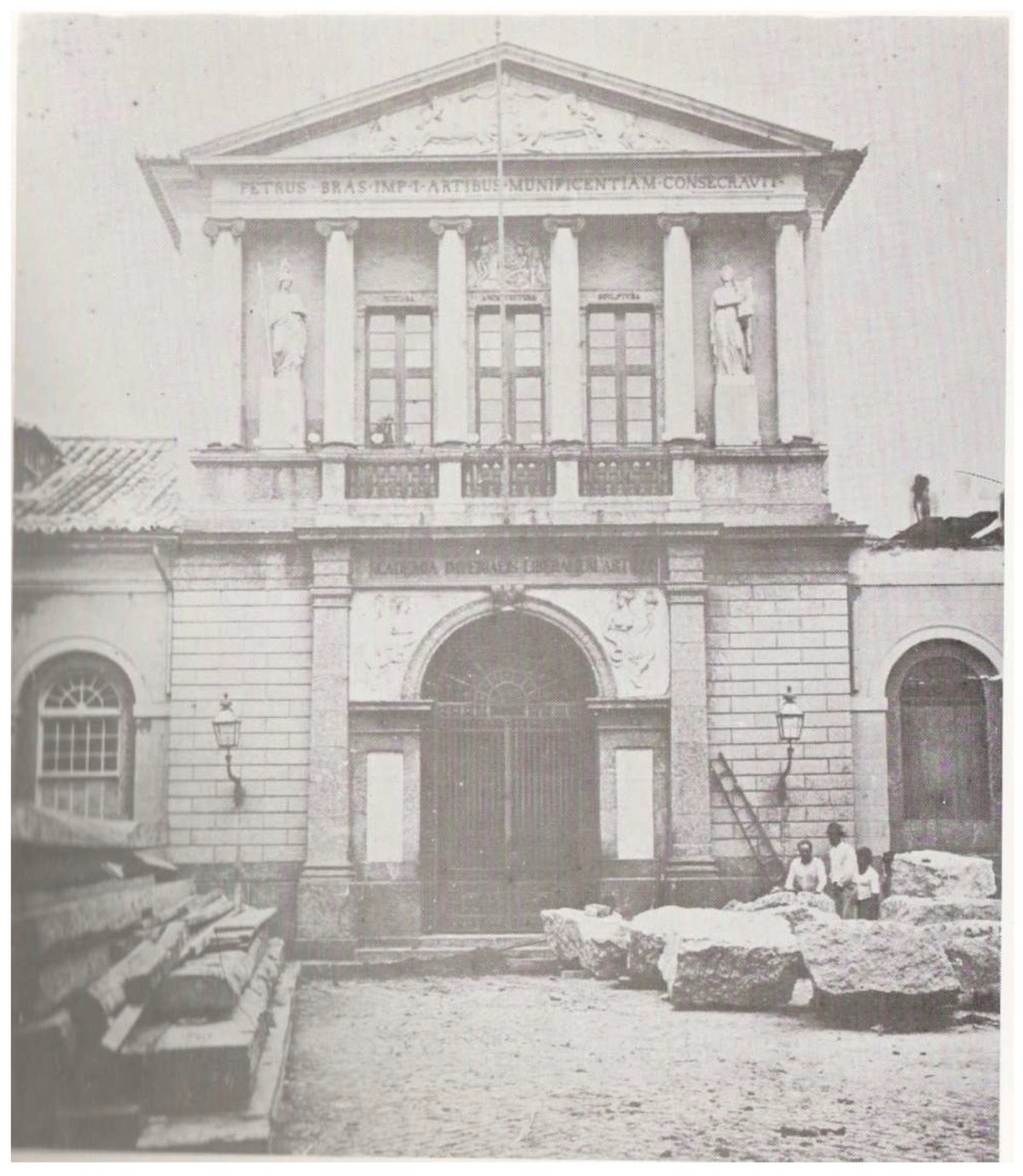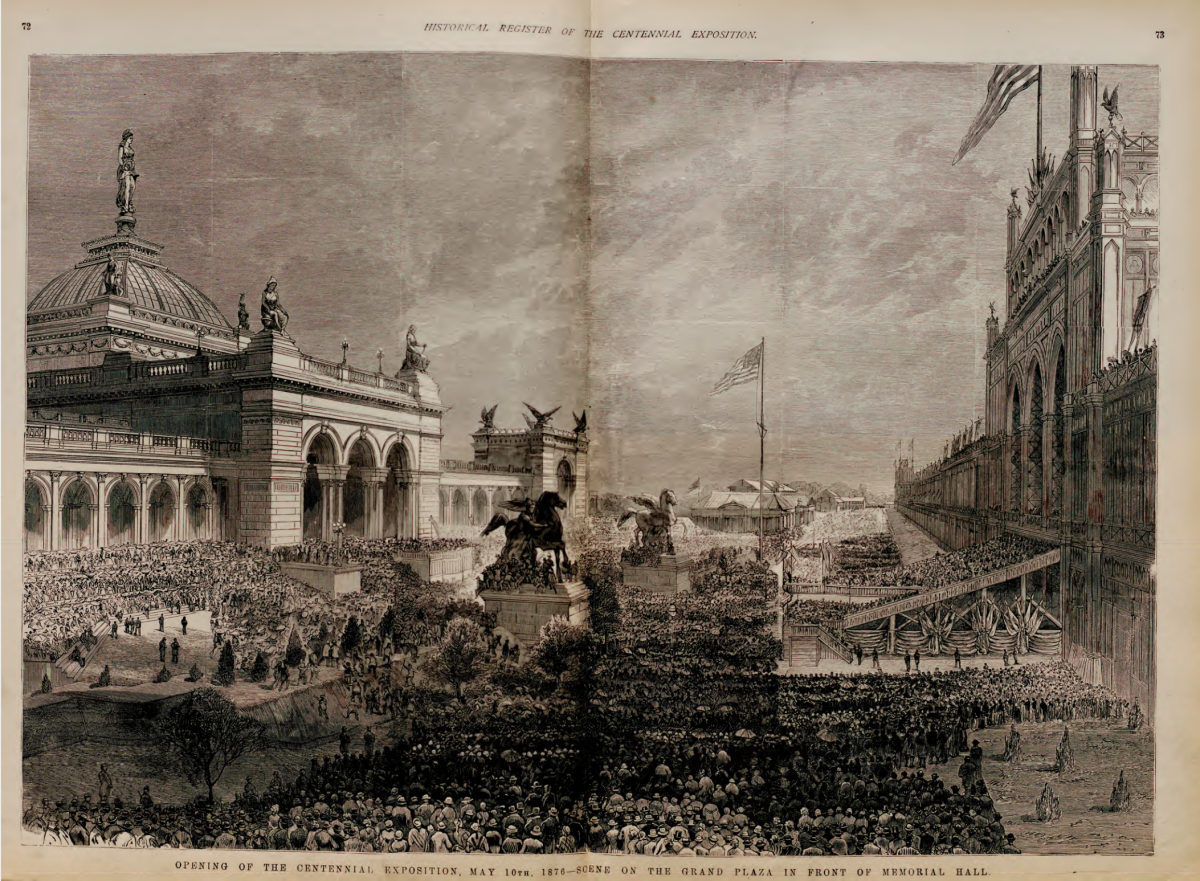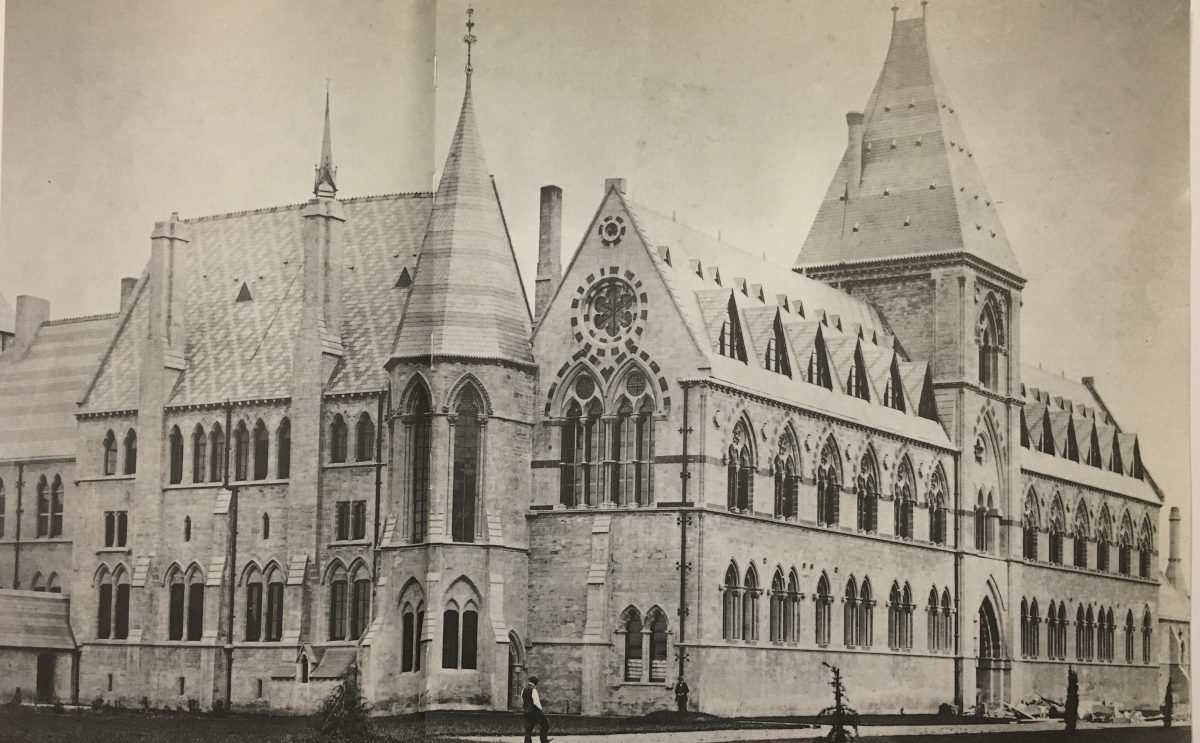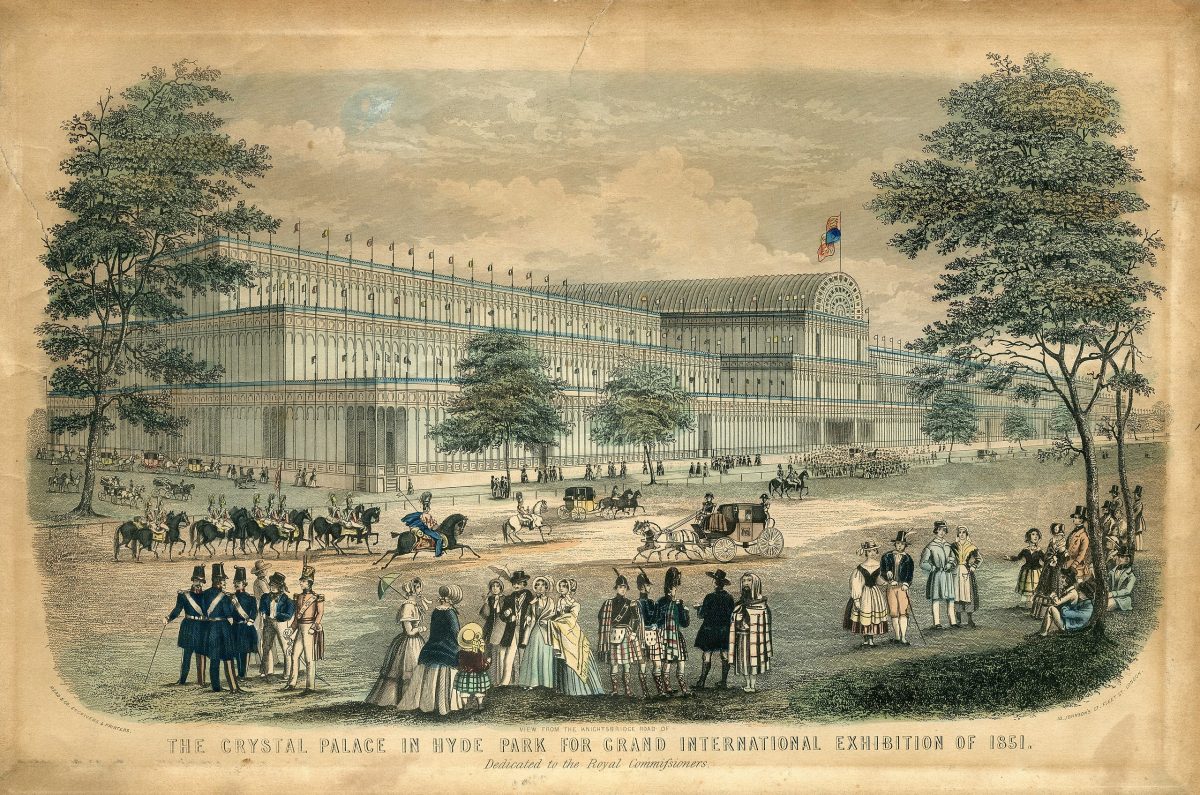All the colors, creeds, breeds, and voices become Rangoon; Rangoon was born in Rangoon, Rangoon was raised in Rangoon, Rangoon stood on par with other cities around the world. Proud Rangoon, the son of an urban city: (From Dressmaker Rangoon by Maung Chaw Nwe and translated by Kenneth Wong, 2013)1 The growth of British control […]
